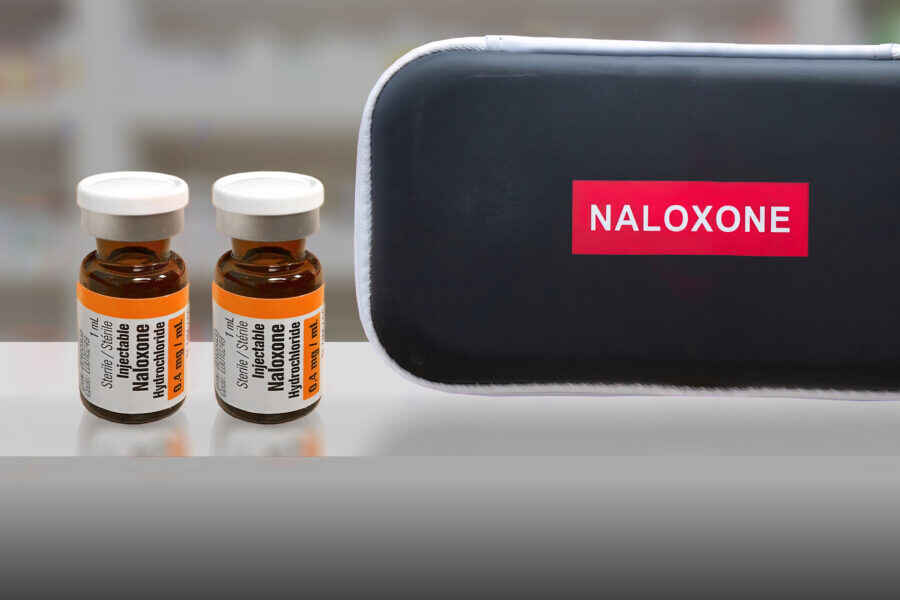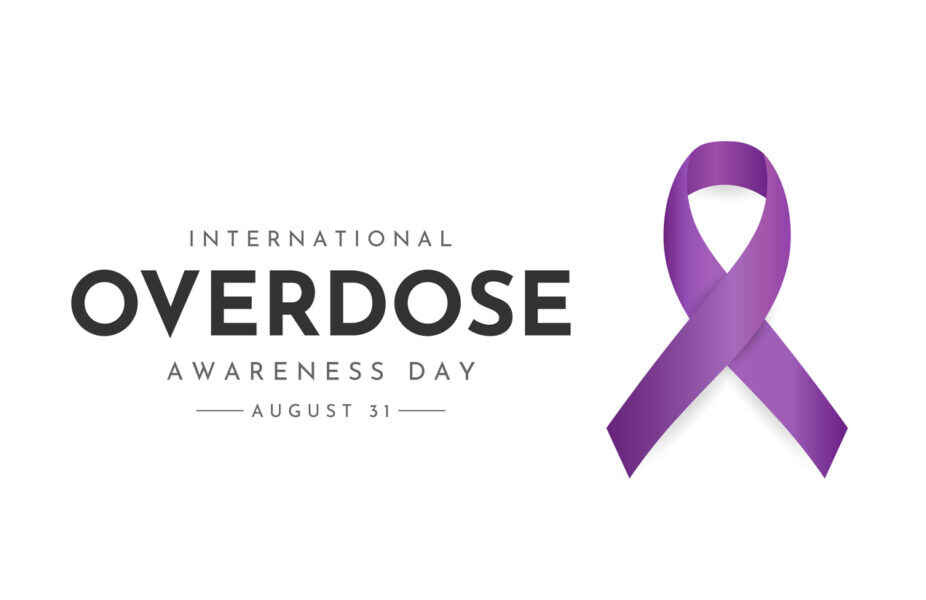
Racism in Local Drug Paraphernalia Laws: An Argument for Repeal
Law & Policy InsightsSubstance Use Prevention and Harm ReductionHarm Reduction Legal ProjectHarm Reduction Legal Project ResourcesThe "War on Drugs" led to many drug paraphernalia laws that are still in effect nearly fifty years later. By repealing drug paraphernalia laws, which criminalize people who use drugs and lead to increased health and racial disparities in incarceration, jurisdictions can focus on evidence-based, common-sense approaches that respect the dignity and autonomy of people who use drugs.








